Brandman University is taking a new approach to adult education, focusing on students' competencies so that they can apply their work experiences to speed their path to graduation.
Brandman already is working with companies, including Walmart and Discover, to offer employee-education programs. The Irvine, California-based nonprofit university's competency-based programs make it easier for working adults to earn college degrees and advance their careers.
At most conventional colleges, students must fulfill prerequisite courses to earn admission and a set of required courses to earn a degree. Under the Brandman approach, if an applicant has, say, a 20-year career in finance but no formal coursework in finance, the university's “adaptive learning engine” can detect her prior knowledge and tailor the curriculum to ensure that she focuses on new material. Brandman's first graduate completed a bachelor's of business administration degree in 18 months.
The technology that makes the Brandman model possible includes a cloud software platform developed by edtech startup N2N Services. On the platform, the university developed a game-based learning application that offers students a series of tests to demonstrate their competency. As students pass each test, they’re automatically moved to the next level of the program.
Learn more / En savoir plus / Mehr erfahren:
https://www.scoop.it/t/21st-century-learning-and-teaching/?&tag=blockchain



 Your new post is loading...
Your new post is loading...

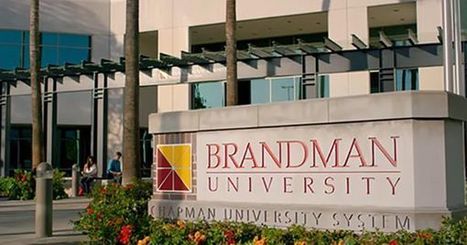





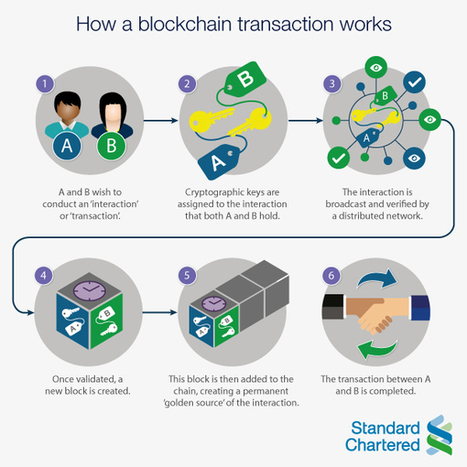



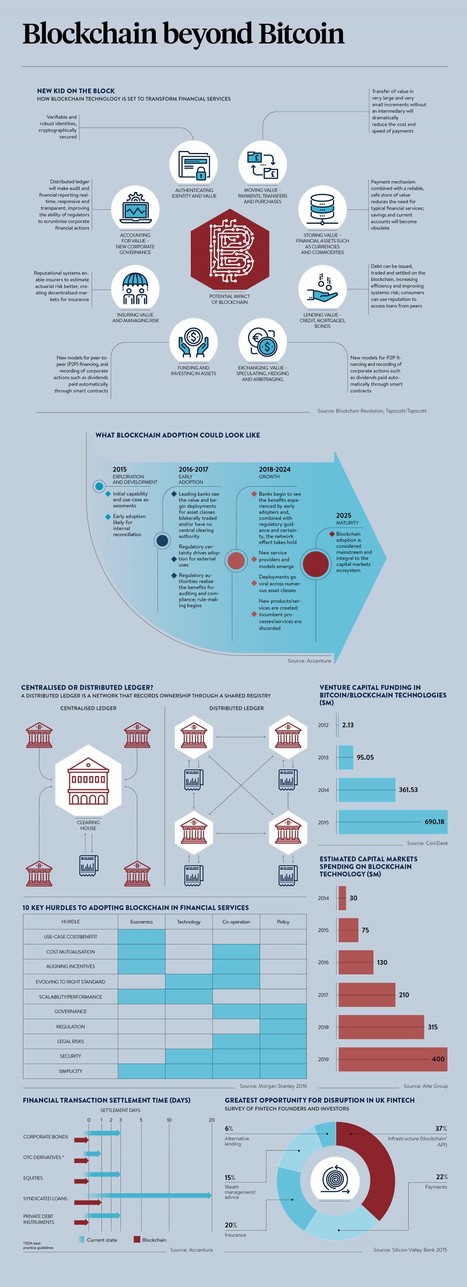
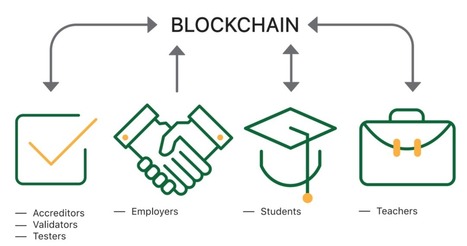


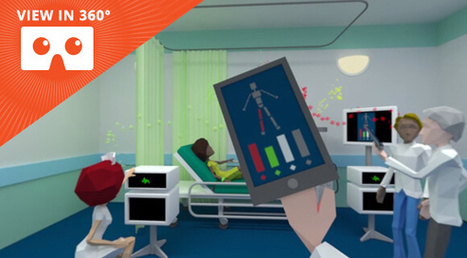

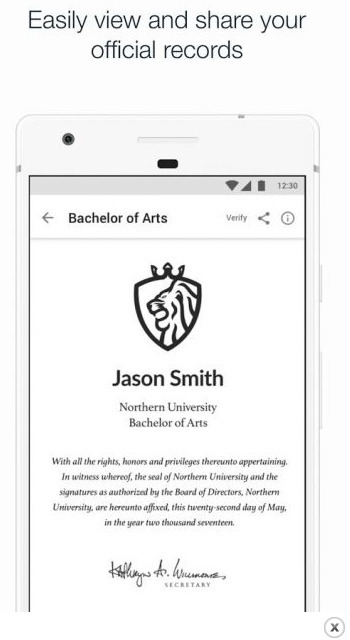


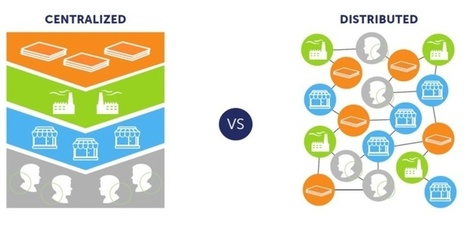





Brandman University is taking a new approach to adult education, focusing on students' competencies so that they can apply their work experiences to speed their path to graduation.
Brandman already is working with companies, including Walmart and Discover, to offer employee-education programs. The Irvine, California-based nonprofit university's competency-based programs make it easier for working adults to earn college degrees and advance their careers.
At most conventional colleges, students must fulfill prerequisite courses to earn admission and a set of required courses to earn a degree. Under the Brandman approach, if an applicant has, say, a 20-year career in finance but no formal coursework in finance, the university's “adaptive learning engine” can detect her prior knowledge and tailor the curriculum to ensure that she focuses on new material. Brandman's first graduate completed a bachelor's of business administration degree in 18 months.
The technology that makes the Brandman model possible includes a cloud software platform developed by edtech startup N2N Services. On the platform, the university developed a game-based learning application that offers students a series of tests to demonstrate their competency. As students pass each test, they’re automatically moved to the next level of the program.
Learn more / En savoir plus / Mehr erfahren:
https://www.scoop.it/t/21st-century-learning-and-teaching/?&tag=blockchain